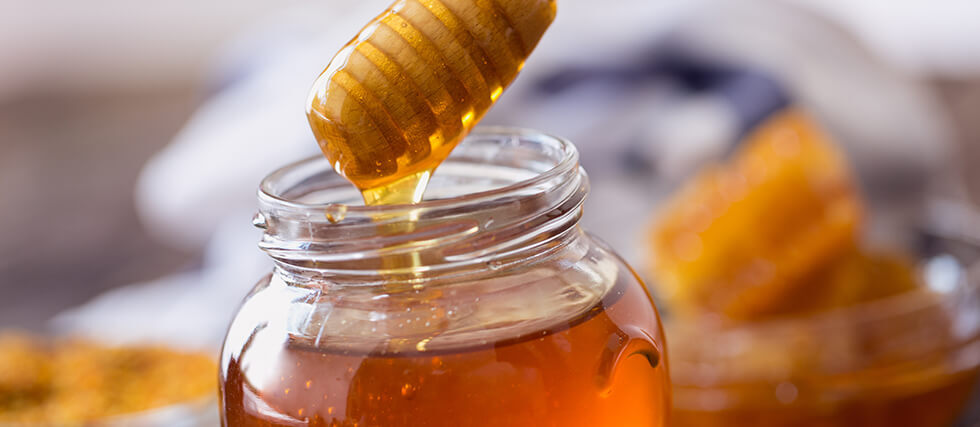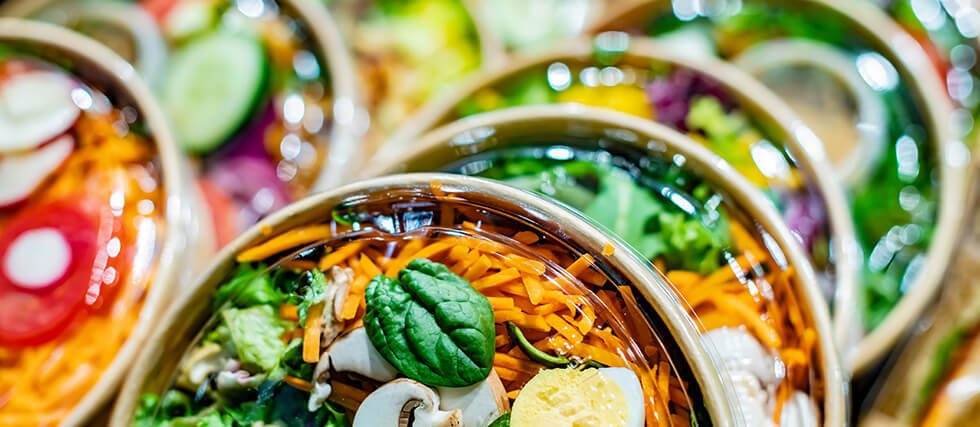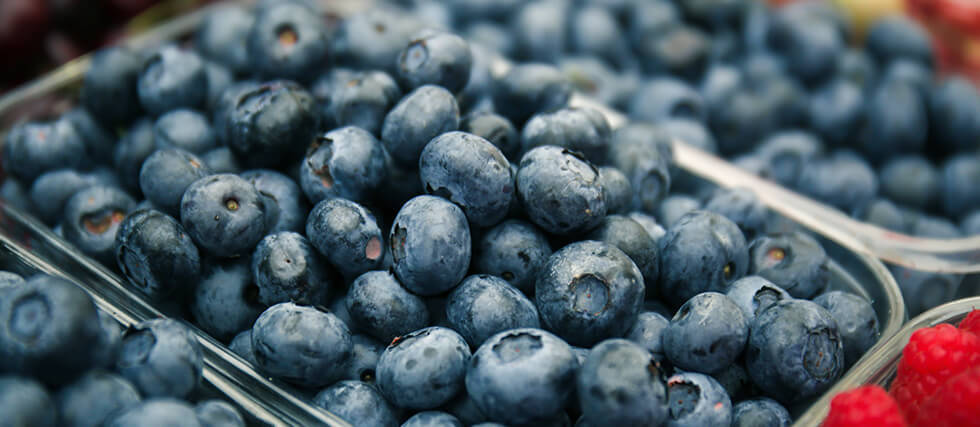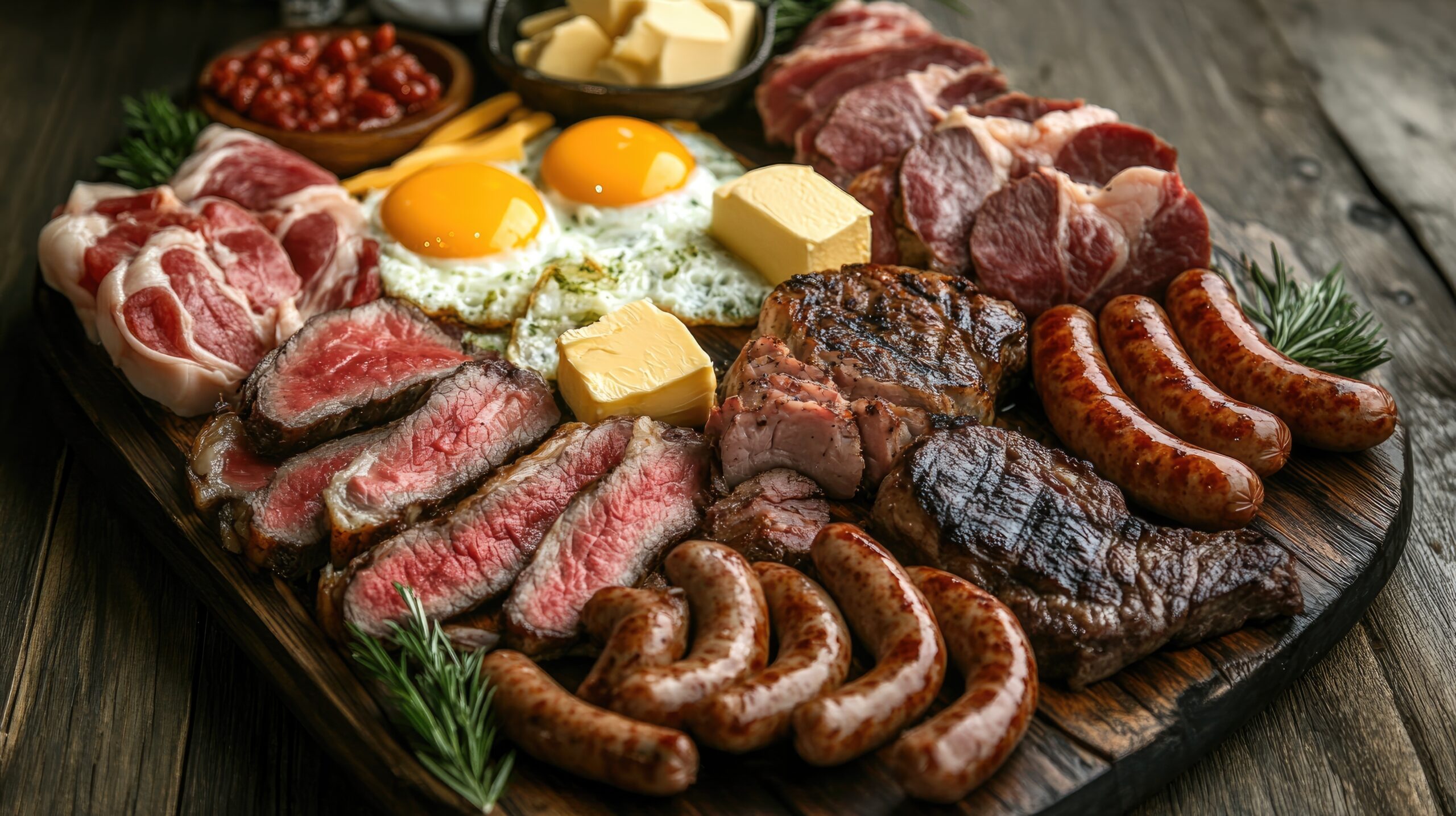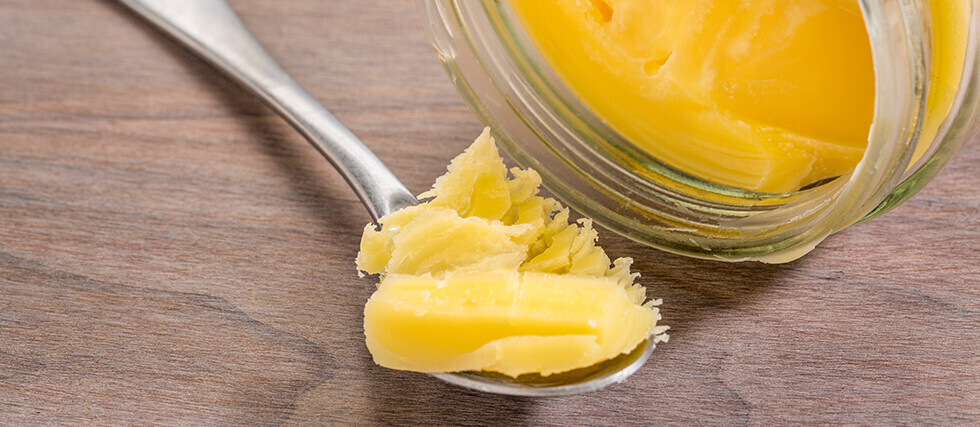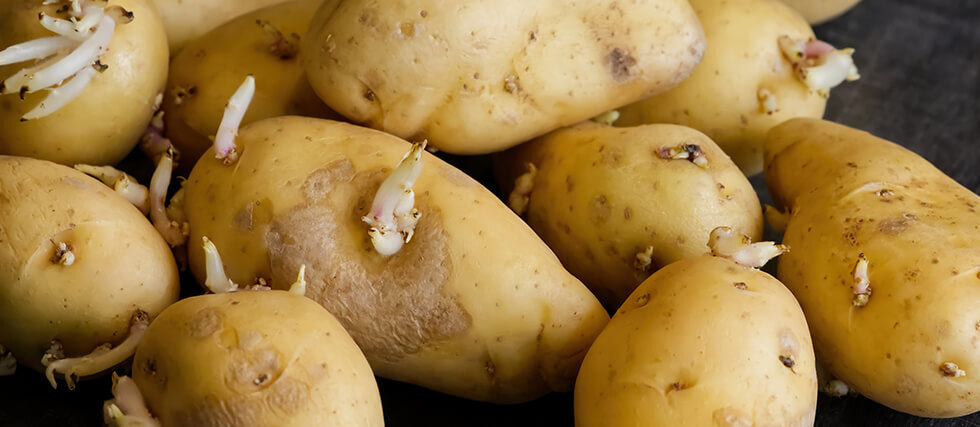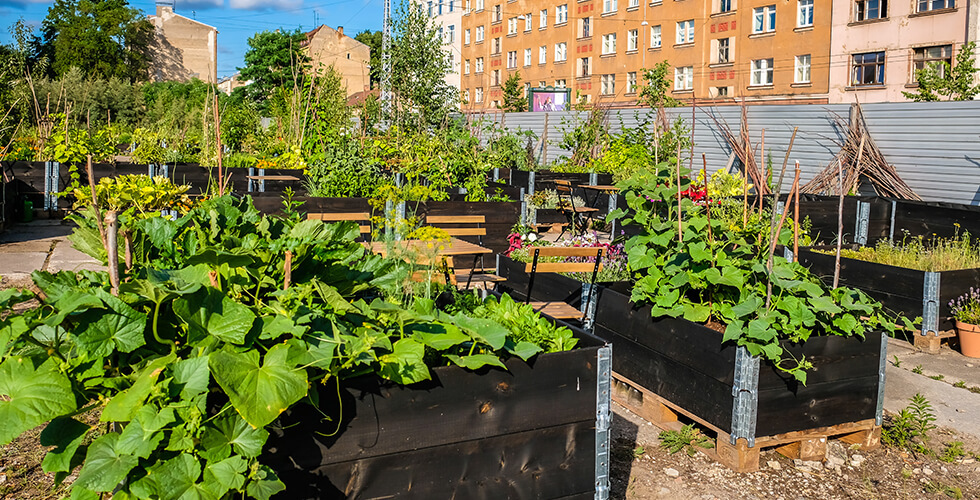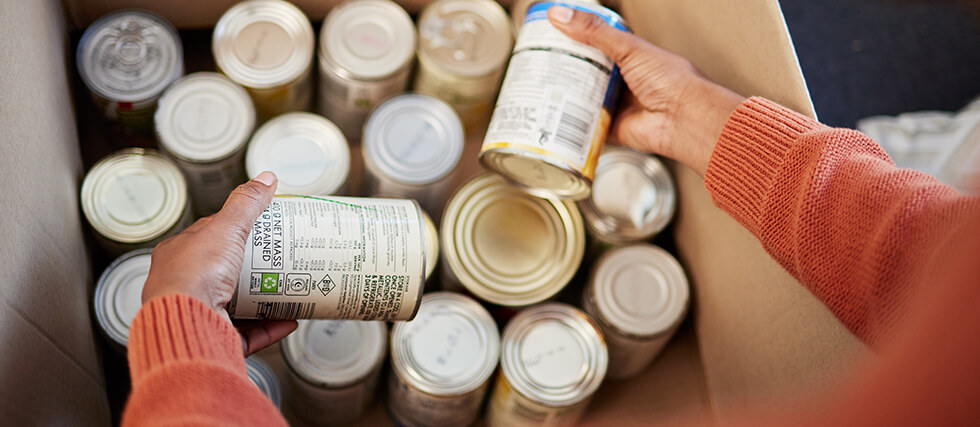With egg prices rising and supply chain issues continuing, many Floridians are turning to backyard chickens for fresh eggs and self-sufficiency. However, raising chickens in Florida’s unique climate requires careful preparation, and inconsistent local regulations add further challenges.
Katie Whalen of Port St. Lucie hopes to add a chicken coop to her permaculture-inspired backyard, filled with fruit trees and edible plants. She sees chickens as a natural extension of her sustainable lifestyle, but city ordinances prohibit her from keeping hens.
While some Florida cities, like Clermont, have legalized small backyard flocks, others, including Port St. Lucie, maintain strict bans. Meanwhile, in unincorporated St. Lucie County, a Backyard Chicken Program has thrived since 2021. Inspired by its success, Whalen has launched a petition advocating for food security and economic resilience.
For those legally allowed to keep chickens, preparation is key. Florida’s heat requires shade, ventilation, and constant access to cool water. Predator protection is also crucial, as raccoons and hawks pose significant risks. Sturdy, predator-proof coops with secure latches and wire mesh help keep flocks safe.
Choosing heat-tolerant breeds like Leghorns, Barred Rocks, and Australorps is important. Hydration, proper nutrition, and hurricane preparedness – such as securing coops and keeping emergency supplies – are essential. To ensure flock health and success, new chicken owners should educate themselves on common challenges, including mites, egg production fluctuations, and overheating.


